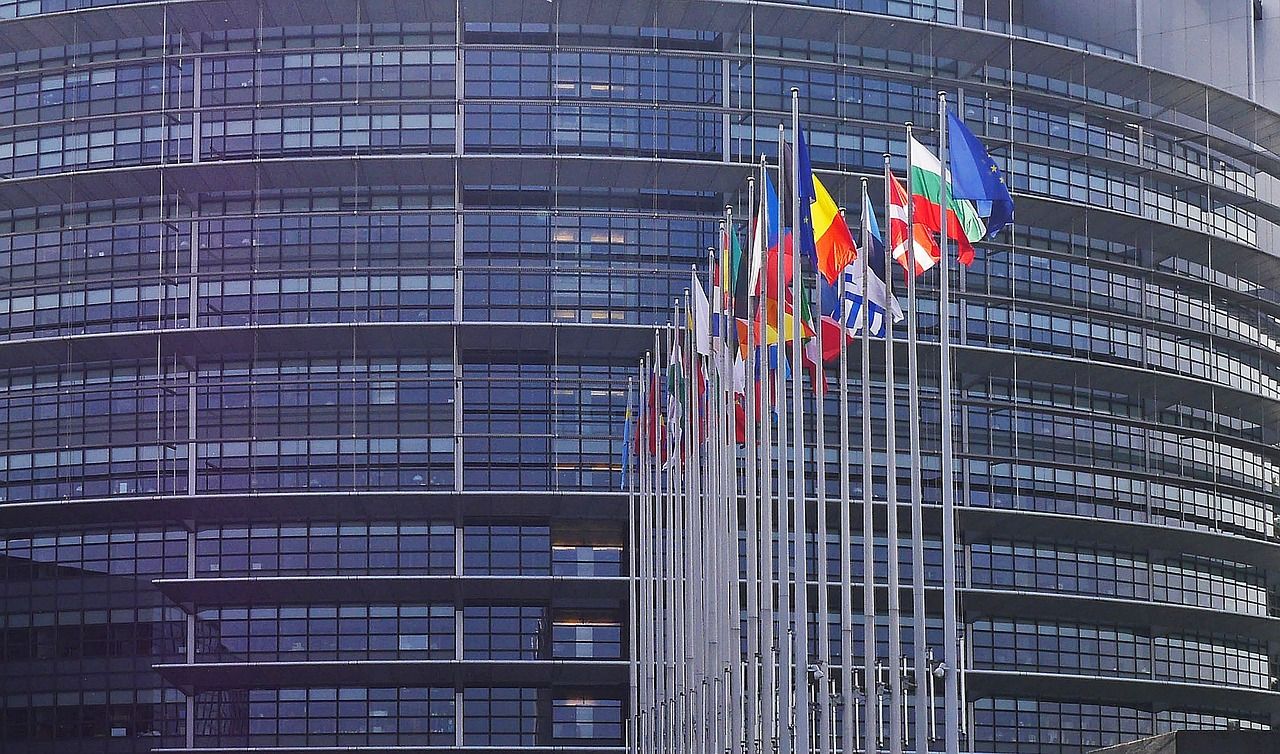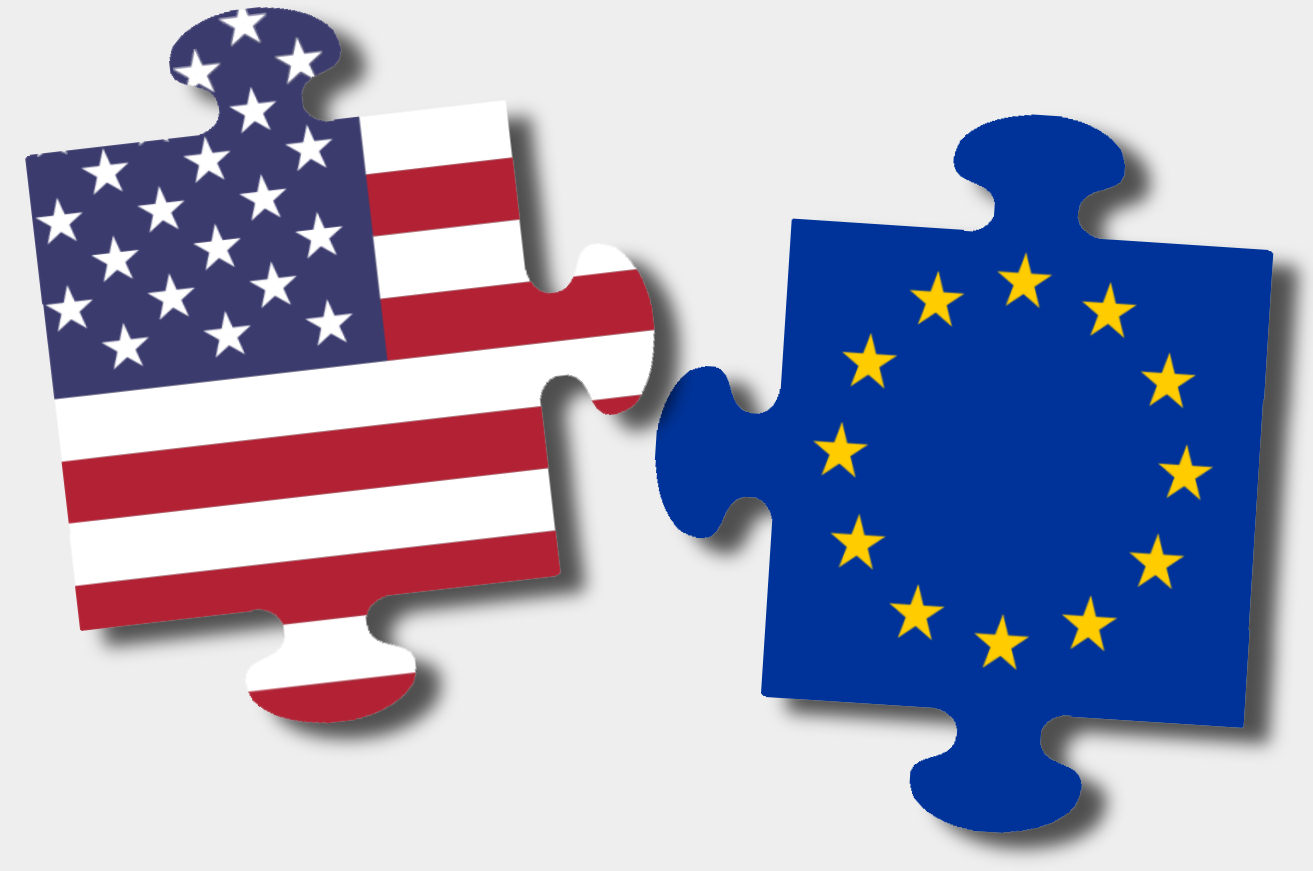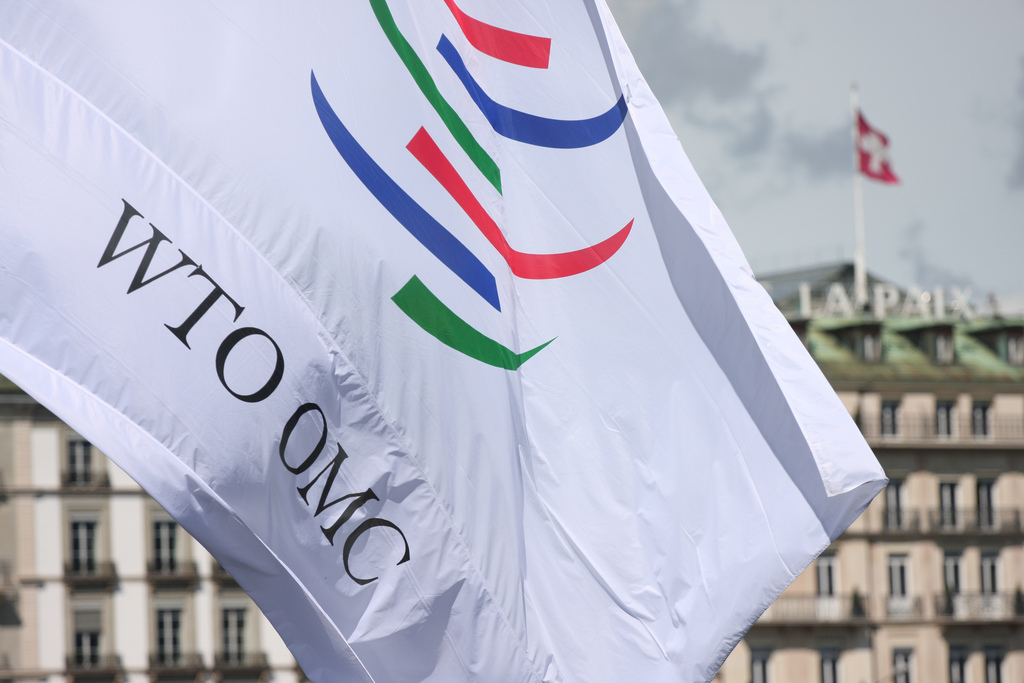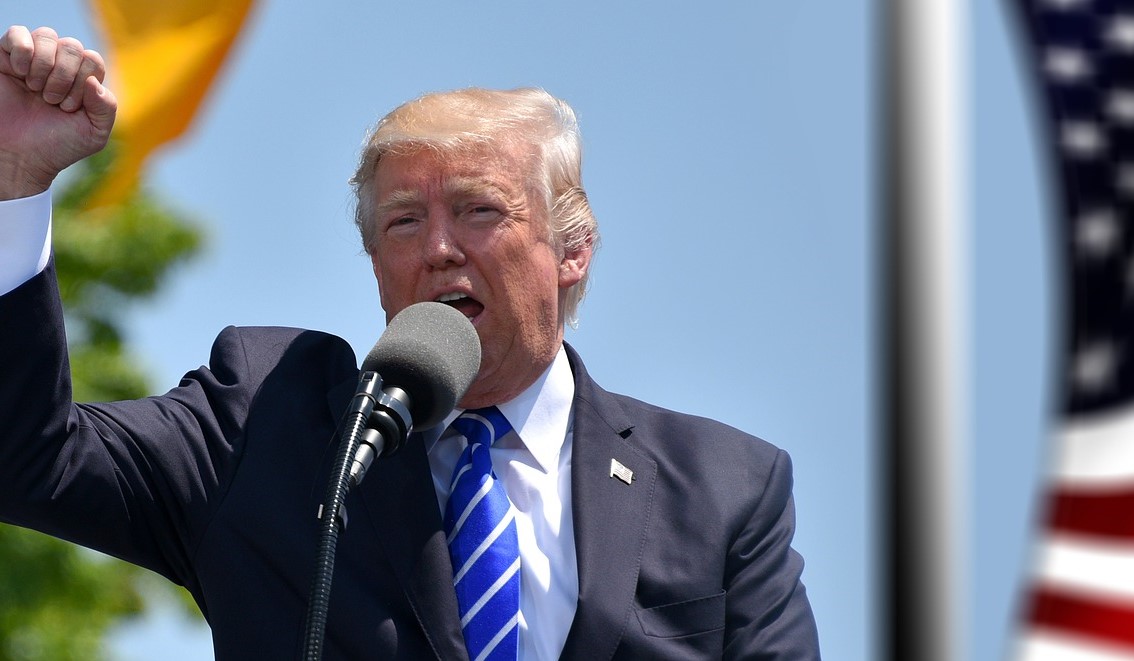POLITHEOR
European Policy Network
trade
- Home
- trade

International Trade by the People, for the People0
- International Trade, Op-ed
- 17/03/2018
Inequality is rising, wages are declining, local businesses are dying, and poverty remains; resources are being exhausted and climate change is destroying ecosystems whilst increasing the magnitude of natural disasters. Meanwhile, international trade deals that exasperate all of these problems continue to be agreed behind closed doors. In the name of profit, power and domination, the world’s rich elite continue to ensure our planet’s resources and wealth remain monopolised in their hands whilst presenting us with a glossy façade of global trade deals as essential for our prosperity. It is against this backdrop that voices have been raised in Malaysia, demanding trade agreements incorporate a radical, pro-people, pro-environment ‘people’s charter’.
READ MORE
Are we moving forward? – A new-generation of trade agreements for the EU0
- International Trade, Op-ed
- 05/02/2018
A reform of trade and investment agreements has been undergoing over the past ten years. While these agreements used to focus solely on facilitating the movement of goods and capitals, their scope is wider today and covers contemporary issues. The European trade policy also evolved and gave birth to a new-generation of free-trade agreements such as the ones concluded with Singapore, Canada or Vietnam. Several factors drove this wave of reform towards a more comprehensive approach to trade and should lead to further improvements.
READ MORE
Japan-EU trade deal: an uneven road ahead for EU car manufacturers?1
- International Trade, Op-ed
- 07/12/2017
The Japan-EU Economic Partnership Agreement (JEEPA) is especially beneficial for the Japanese car industry as it reduces tariff barriers on car imports from Japan. This new deal reinforces Japan’s trade strength in the car industry and asserts their growing dominance in the sector. The flip side of the deal ‘coining’ reveals two interesting aspects. One, in exchange of tariff reduction for Japanese cars, the EU will obtain tariff reductions mainly on its agricultural exports to Japan; more significantly on cheese. Two, the EU automobile market is offering a larger latitude to a country which is already a daunting competitor in the sector. Is the deal sending the EU on an uneven road?
READ MORE

Brexit and the single market: Norway or No way0
- EU Governance and Politics, International Trade, Op-ed
- 24/10/2017
After recent declarations by Theresa May and David Davis, the UK’s conservative government seems to be convinced that a “hard” Brexit is the best option for the country. Discussions with the EU over the UK’s participation in the single market seem to have been halted and the Norwegian European model rejected. This is terrible news for UK trade and especially for the services sector which is the UK’s most important trading sector, with a trade surplus equating to 5% of the national income (about $138 billion).
READ MORE
ISDS: a new dispute to settle?2
- International Trade, Op-ed
- 11/10/2017
Following widespread criticism towards the ISDS mechanisms, the search for alternatives is on and different court systems are being considered. On the 10th of July 2017, the UN started discussions on investment dispute settlement and the establishment of an MIC (Multilateral Investment Court). The opportunity to correct the shortcomings of the previous dispute settlement systems, notably, corporate bias and the unfairness that results from it is NOW.
READ MORE
Can the EU’s fight against illegal logging help to preserve forest ecosystems in timber producing nations?1
- Environment and Energy, Op-ed
- 18/08/2017
Preserving ecosystems via trade – A long way ahead for the EU’s fight against illegal logging.
READ MORE






